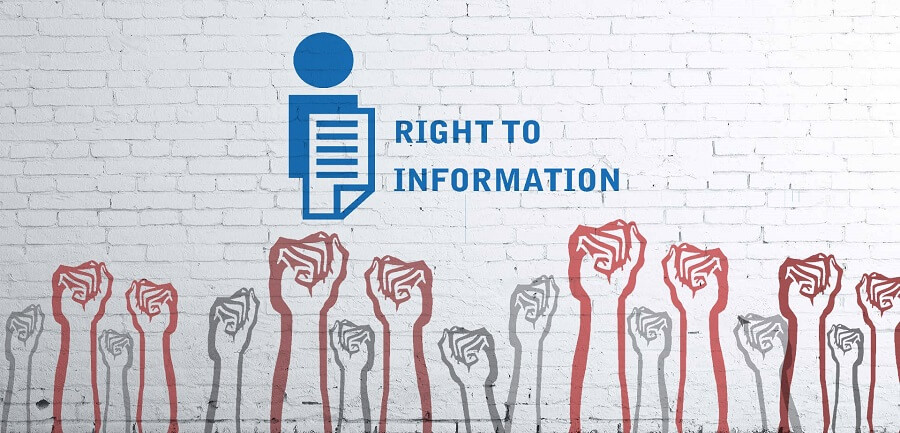





Copyright infringement not intended
Context: The Madras High Court has overturned a decision made by the Tamil Nadu State Information Commission ordering a cooperative society to release information under the Right to Information (RTI) Act of 2005.
Details
Right to Information
Background
Salient Features of the Right to Information Act
|
Official Secrets Act and RTI ●The Official Secrets Act (OSA) was enacted in 1923 and it was retained after Independence. ●The law, applicable to government servants and citizens, provides the framework for dealing with espionage, sedition and other potential threats to the integrity of the nation. ○The law makes spying, sharing ‘secret’ information, unauthorised use of uniforms, withholding information, and interference with the Armed Forces in prohibited/restricted areas, among others, punishable offences. ○If guilty, a person may get up to 14 years imprisonment, a fine or both. ○The information could be any reference to a place belonging to or occupied by the government, documents, photographs, sketches, maps, plans, models, official codes or passwords. ●OSA had become a contentious issue after the implementation of the RTI Act because it does not define ‘secret’ or ‘official secrets’. ○Hence, a public servant may deny any information terming it a ‘secret’ when asked under the RTI Act. ●Under OSA, confidentiality became the norm and disclosure, was the exception. Thus, it contradicts the principles of the RTI Act. The OSA is, thus, seen to go against the spirit of the RTI Act. ●The Second Administrative Reforms Commission (SARC) Report, 2006, suggested that OSA should be substituted by a chapter in the National Security Act that incorporates the necessary provisions. ○It stated that OSA’s background is the colonial climate of mistrust of people and the primacy of public officials in dealing with the citizens, which has created a culture of secrecy. |
Amendment of RTI Act in 2019
Limitations of the RTI Act
Steps to improve the effectiveness of the RTI Act
Conclusion: Information sharing in open societies is essential to the development of democracy. Enlightenment occurs when there is information. Abuse, corruption, subjection, and anger occur when there is no power sharing, no rule of law, and no accountability.
|
PRACTICE QUESTION Q. Critically analyze the significance and limitations of the Right To Information Act. |






© 2025 iasgyan. All right reserved